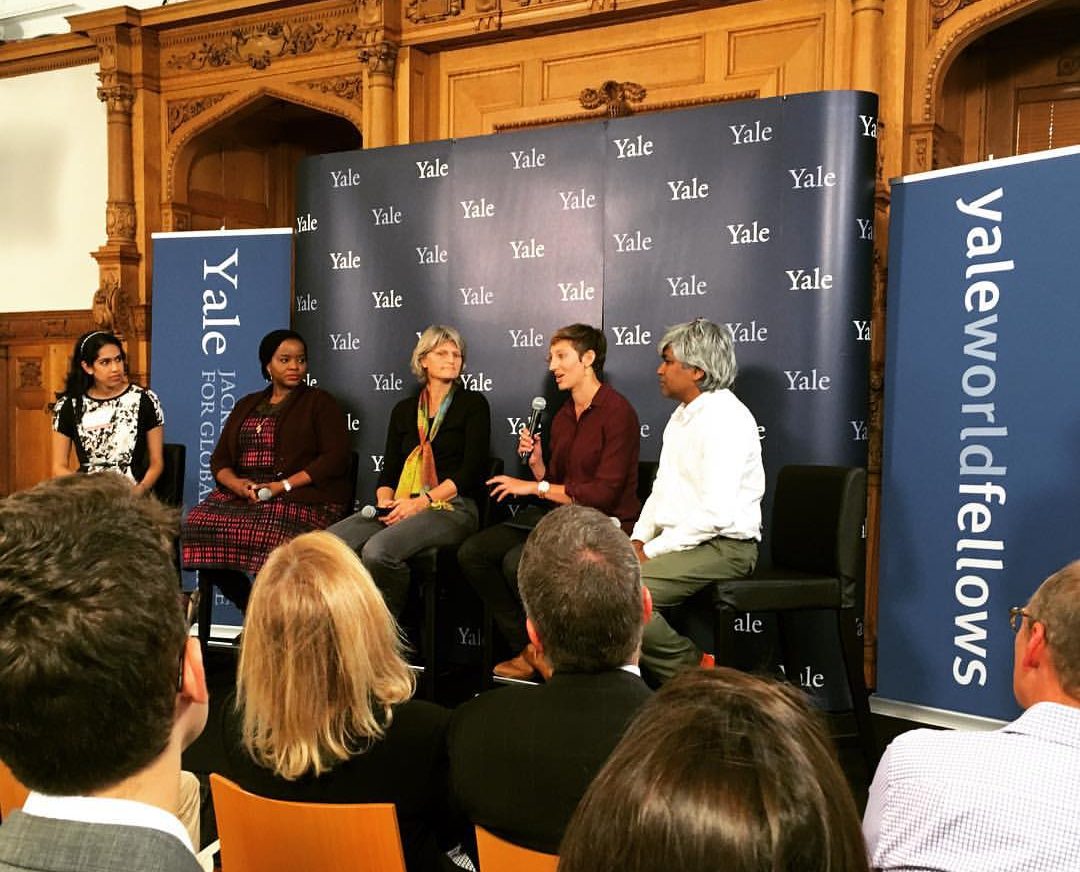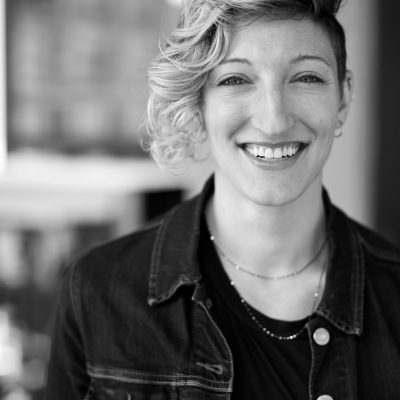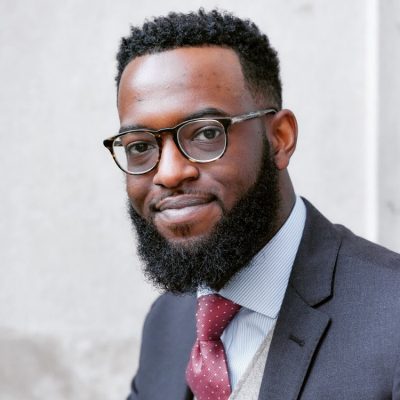Article
Humanity in Action was the experience that confirmed for Beth that a career fighting for democratic rights would motivate her to jump out of bed every morning. The Humanity in Action community has served as inspiration and ethical guideposts as she explored how to advocate most effectively across human rights non-profits, journalism and, most recently, the tech industry, where she researches hate speech and radicalization. In each path, Beth has felt buoyed knowing an international community of advocates is not far away, fighting complementary, interdependent fights. Beth applied to Humanity in Action as an opportunity to learn comparatively about European post-conflict experiences. Beth explained that
“Rather than through more tired European history classes, Humanity in Action took an immersive approach to learning.”
As the descendent of persecuted German Jews, Beth wanted to better understand how policies and cultures had developed in the aftermath of World War II to prevent another genocide, and yet simultaneously foster the resurgent far right. She had spent the prior four years studying conflicts in Africa and the Middle East, so Beth was excited that Humanity in Action offered a critical, comparative lens to question the textbook “success story” of Germany for building a pluralistic democracy post-conflict. Beth can recall a formative moment early in her Fellowship where a speaker asked each Fellow to recall a pivotal political event that affected their lives. For Beth, the answer was immediate and emotional: 9/11. She described that
“Every single other American had the same answer. I then listened to my new friends from Bosnia, Ukraine, Germany, and elsewhere describe political events with equally vivid, evocative memories, which had only crossed my radar as headlines. I have never more keenly felt the significance of geography and memory in the shaping of political cultures and identities.”
Beth is grateful for the deep and broad Humanity in Action network that helped her discover her first full-time role. Two Senior Fellows introduced Beth to Namati, an NGO focused on closing the gap between democratic rights on paper and those in practice in emerging democracies.

As a research associate, Beth got to support local advocates for legal accountability in nine emerging democracies, from farmers fighting for land rights in Sierra Leone to Indian fishermen seeking environmental justice. This propelled Beth in pursuit of answers about how effective international development efforts were at strengthening democracy, and in a post-Arab Uprising world, what role the Internet could play.
Humanity in Action offered a critical, comparative lens to question the textbook “success story” of Germany for building pluralistic democracy post-conflict.
To start answering these questions, Beth went to Liberia where she worked with USAID and Accountability Lab on initiatives to increase civic participation and Internet access. To dig deeper into how the Internet could influence democracy, Beth went to graduate school. At Yale, she pursued a joint Masters degree in Internet Governance and an MBA focused on technology policy. She worked as a Fellow at the Yale Information Society Project to research how technology companies evolved to “govern” speech online. She also had the opportunity to organize a policy trip for 50 of her fellow graduate students through Israel and Palestine, turning to the Humanity in Action model for inspiration.
Currently, Beth is the Head of Research & Development at Jigsaw, a Google unit that explores threats to open societies. Beth is also a Senior Fellow and Lecturer at Yale’s Jackson School of Global Affairs where she teaches graduate courses on misinformation and AI. At Jigsaw, she leads an interdisciplinary team of researchers who investigate online harms from AI-generated disinformation to violent extremism, then test novel mitigation strategies. Beth works closely with academics, civil society, and technologists to advance applied research on how cognitive and behavioral interventions can reduce harms online. Alongside anthropologists, she has led an unprecedented series of digital ethnographic studies of conspiracy theorists, harassers, Islamists, and former white supremacists globally to inform tech products and policies. Prior to joining Jigsaw, she managed programs for the US Department of State with Freedom House focusing on digital security, investigative journalism and information access in authoritarian regimes.
Learn more about Beth here as well as her research culminating over the last several years on preempting misinformation here, featured in Reuters and AP. The ethnographic research Beth leads into perpetrators of online harm is viewable here in an interactive zine.
Conversations in Berlin during her Humanity in Action Fellowship on Islamophobia and building pluralistic democracies still animate and instruct her work today.

Updated April 2024




